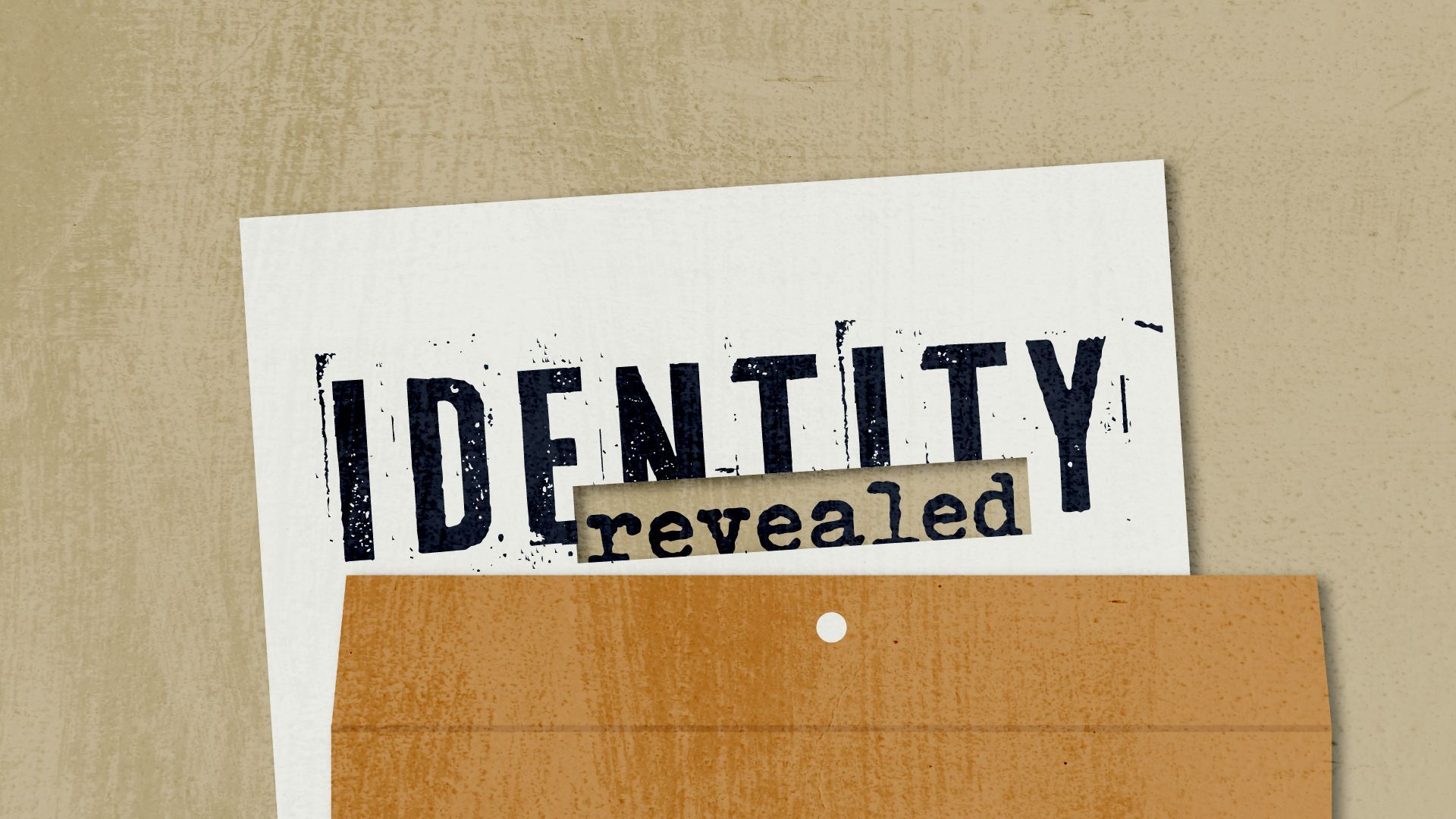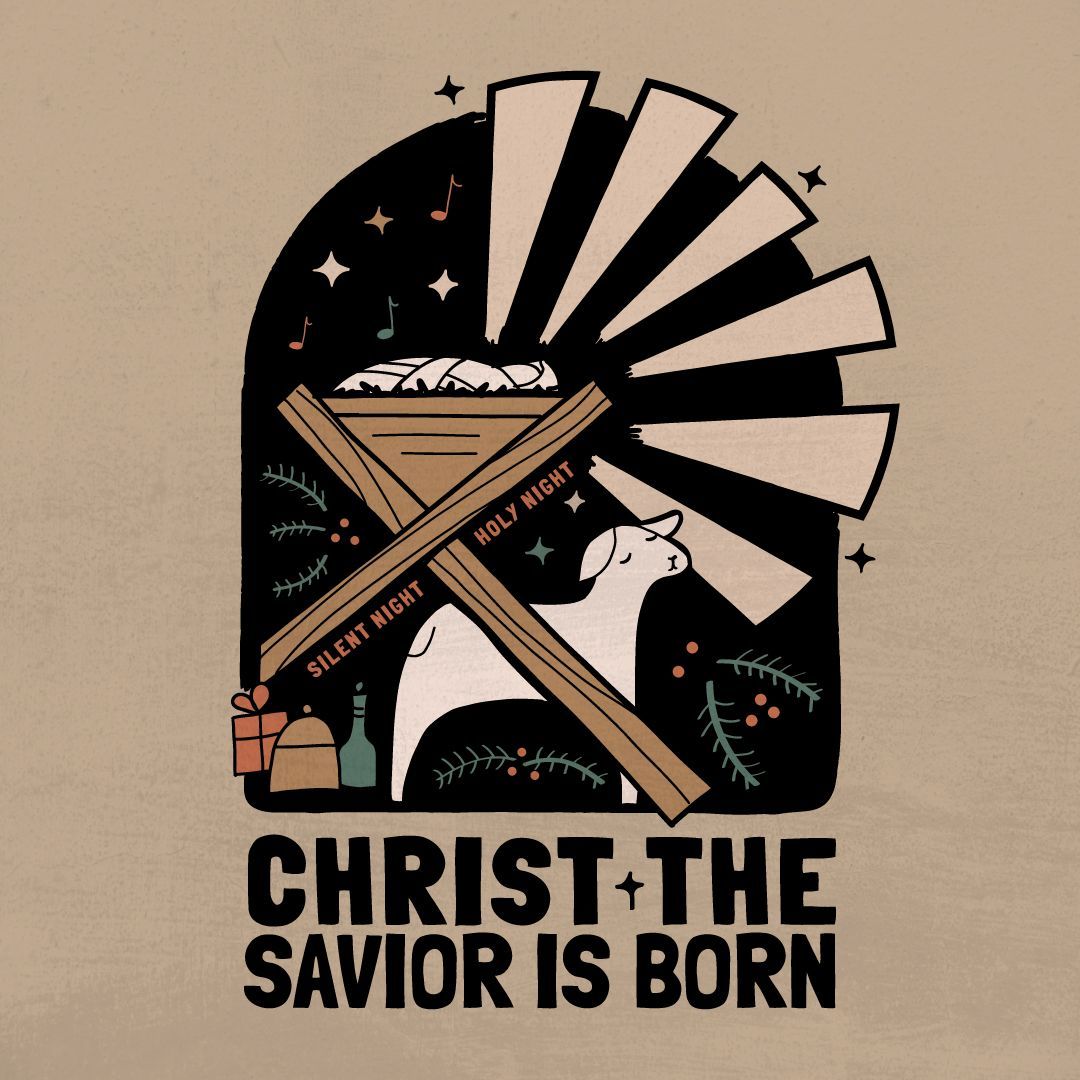Come Lord Jesus, as Immanuel
This time of year it is so easy to get caught up in the beautiful trappings of Christmas and forget why this birth had to take place. Mankind fell into sin. Sin brings an awful burden. Hatred and oppression. Suffering and pain. Guilt and shame. The devastation of death. These are all natural consequences of sin. And what can we do about any of it? Nothing of substance.
We can numb ourselves to pain, but we cannot avoid it. We can fill our life with distractions in an attempt to forget about our guilt. But our conscience is always nagging. And death…no one avoids that. Man can do nothing to shake off the burden of sin. Therefore, the Church prays that God would come in power to remove that burden for us.
Since the Garden, there has been only one plan to do that: God would take on flesh and blood. To do what mankind could not do—remove all the burdens of sin—God became man. When you look into the manger, what do you see? A baby? Yes. But, more. That is Immanuel, “God-with-us.” The Son of God became Mary’s son, so that he could do for us what we could not do for ourselves.





